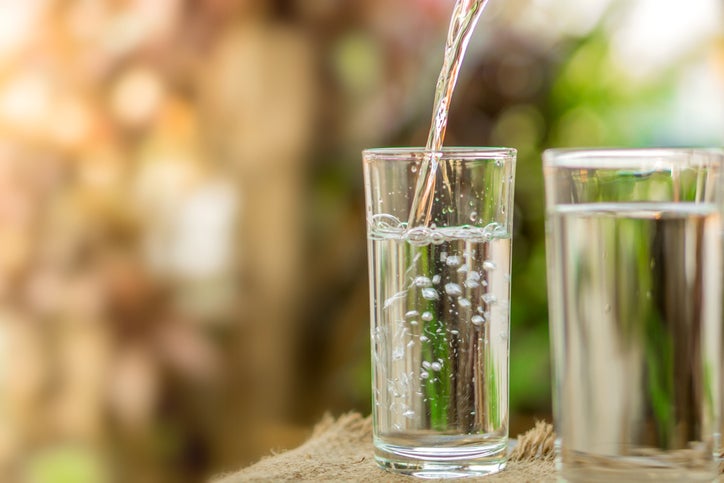Making Sure Your Drinking Water is Safe

You probably take clean tap water for granted, but as we learned from the Flint, Michigan water crisis that began in 2014, it’s possible for lead and other harmful substances to end up in your drinking water. Since there’s no way to see, taste or smell dissolved lead, testing your water is the only way to know for sure that it’s healthy to drink.
The Importance of Water Testing
The Environmental Protection Agency states that 10 to 20 percent of the average American’s lead exposure comes from contaminated water. Lead accumulates in the body, so even low exposure can become toxic over time.
City officials test public water supplies for safety and issue warnings to the public if dangerous contaminants are found. Lead levels lower than 15 parts per billion are considered safe. You can request a copy of your water supplier’s Consumer Confidence Report for your own peace of mind.
However, water quality can still vary widely between homes. You may want to test your water if your home has lead or other non-plastic pipes installed before 1986. Water testing is even more critical if you have a well.
Testing for Lead Contamination
You can ask your water supplier to sample your tap water, or you can purchase a lead testing kit at a home improvement store. If you conduct your own test, remember these tips:
- Follow the instructions carefully.
- For the most accurate results, test “first draw water,” which is the first water to flow from the faucet after sitting overnight.
- Mail the water sample to a certified lab for testing.
How to Reduce Lead Exposure from Drinking Water
If the results of your test reveal high levels of lead in your tap water, you should take immediate steps to reduce your exposure. Here are some ideas:
- Install faucet filters or pour water into pitcher filters before drinking or cooking with it. Choose a filter certified to remove lead by the National Sanitation Foundation.
- Clean your faucet aerators regularly.
- Run tap water for 15 to 30 seconds before drinking, especially after it has sat unused for more than six hours.
- When cooking, start with cold water from the tap and boil it on the stove. Lead is likely to be higher in hot water.
- Mix baby formula in cold water.
- Replace your plumbing and fixtures to remove the source of contamination.
Regardless of whether you get your water from a municipal supplier or a well, testing is a sure way to know whether your drinking water is safe. If you decide to take action and replace the pipes that are increasing your lead exposure, let the experts at Bob Hoegler Plumbing lend a hand. We can install new plumbing to meet your family’s needs without endangering your health.
To learn more about the dangers of lead contamination, or to schedule plumbing services in Central New Jersey, please contact us at 732-521-0133.
RECENT POSTS
categories
Archives
2024
2023
2022
2021
2020
2019
- December (2)
- November (2)
- October (2)
- September (2)
- August (2)
- July (2)
- June (2)
- May (2)
- April (2)
- March (2)
- February (2)
- January (2)

